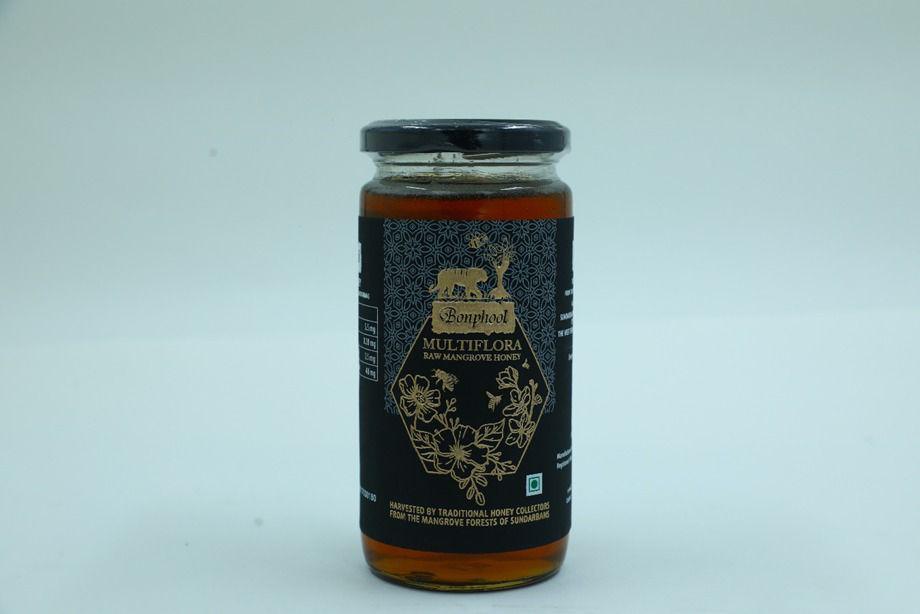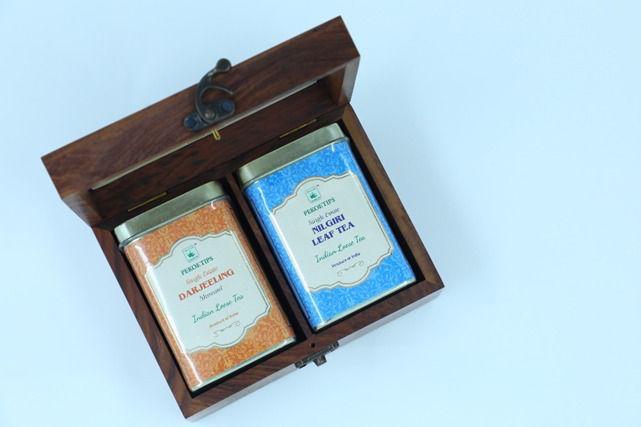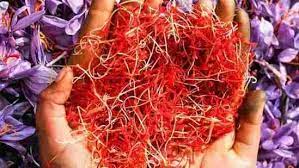Last Updated on September 13, 2023 2:13 am by INDIAN AWAAZ
*Srijata Saha Sahoo

One of the powerful opportunities to strengthen diplomatic ties amongst nations is exchanging gifts. G20 Summit at New Delhi proved to be an opportune platform for India regarding gifting mementoes bearing rich cultural heritage of the country to the world leaders.
The gifts shared to the foreign delegates included a curated compilation of handcrafted artefacts and products, which speak volumes about Bharat’s rich cultural traditions. Some of the products are the product of centuries of tradition & cherished across the world for their unparalleled workmanship and quality. These were meticulously created by the hands of Master Craftsmen. Some products are the result of the unique bio-diversity of our country.
The hamper comprised the following products:
Sunderban Honey, Orange Pekoe tea from Darjeeling and Nilgiri tea, Coffee from Araku Valley, saffron from Kashmir valley, different designs of stoles from different States to the G20 first Ladies.
Sundarbans is the largest mangrove forest in the world, located on the delta formed by the confluence of Ganges, Brahmaputra and Meghna rivers in the Bay of Bengal. It is home to wild colonies of honeybees. Before the culture of beehive farming, people used to hunt the honeycombs from the wilderness. This tradition of beehive hunting is still practised among the people of Sundarbans.

The distinct and rich flavour profile of Sundarbans honey mirrors the bio-diversity of the area. It blends the nectar of various mangrove flowers like Khalisha, Bani and Garan … to create a harmony of sweet and earthy notes. It is less viscous than other types of honey.
Besides being 100% natural and pure, Sundarban honey is also high in flavonoids and provides valuable health benefits.
Pekoe Darjeeling and Nilgiri Tea are two illustrious gems from the country’s tea tapestry, epitomizing the delicate art of tea cultivation and infusion.
Darjeeling tea is the most valued tea in the world. Only tender shoots are handpicked from shrubs, located on the misty hills of West Bengal at altitudes of 3000-5000 ft. These nuances, along with the soil’s unique character get reflected in the highly aromatic and invigorating cup that comes to your table.

Nilgiri Tea comes from the most spectacular mountain range in South Bharat. Cultivated amidst the mountains’ lush terrain at an elevation of 1000-3000 ft. The tea is relatively mild. At the same time, it is renowned for its bright and brisk liquor and clean flavour. It is a preferred choice for lemon of iced tea.
Araku Coffee from Visakhapatnam district in Andhra Pradesh features a new and original flavour boasting a balanced, mild and full taste highlighted by characteristic spicy notes.
The coffee plants here are cultivated by the valley’s farmers who farm the land in complete harmony with nature – working by hand in small farms, growing the coffee naturally without the use of machines and chemicals thus making the coffee not only organic but also ensuring sustainability of the cultivation.
Saffron from Kashmir many times is referred to as ‘Red Gold’. It takes thousands of flowers to produce a few grams of saffron. The stigmas are typically of an orange-red colour, which is due to the content of crocetin, a type of acid and crocin. Kashmir’s saffron (Crocus Sativus Kashmirianus), known for its flavour and colour, is harvested just once a year from late October till mid November. The fragrant red strands have even featured in the poems and songs of the 16th-century poet Habba Khatoon. Known as the Nightingale of Kashmir, Khatoon hailed from Pampore, where the saffron is cultivated.
Saffron is used in cooking, but it also offers many health advantages. The oil from which safranal is produced reduces growth in cancer cells and functions as an anticonvulsant and antidepressant. The carotenoid alfa-crocin also has a similar effect. Minerals are also abundant in it, including potassium, manganese, iron, calcium, selenium, copper, zinc, and magnesium. Additionally, it is high in folic acid, niacin, riboflavin, and vitamins A and C.
